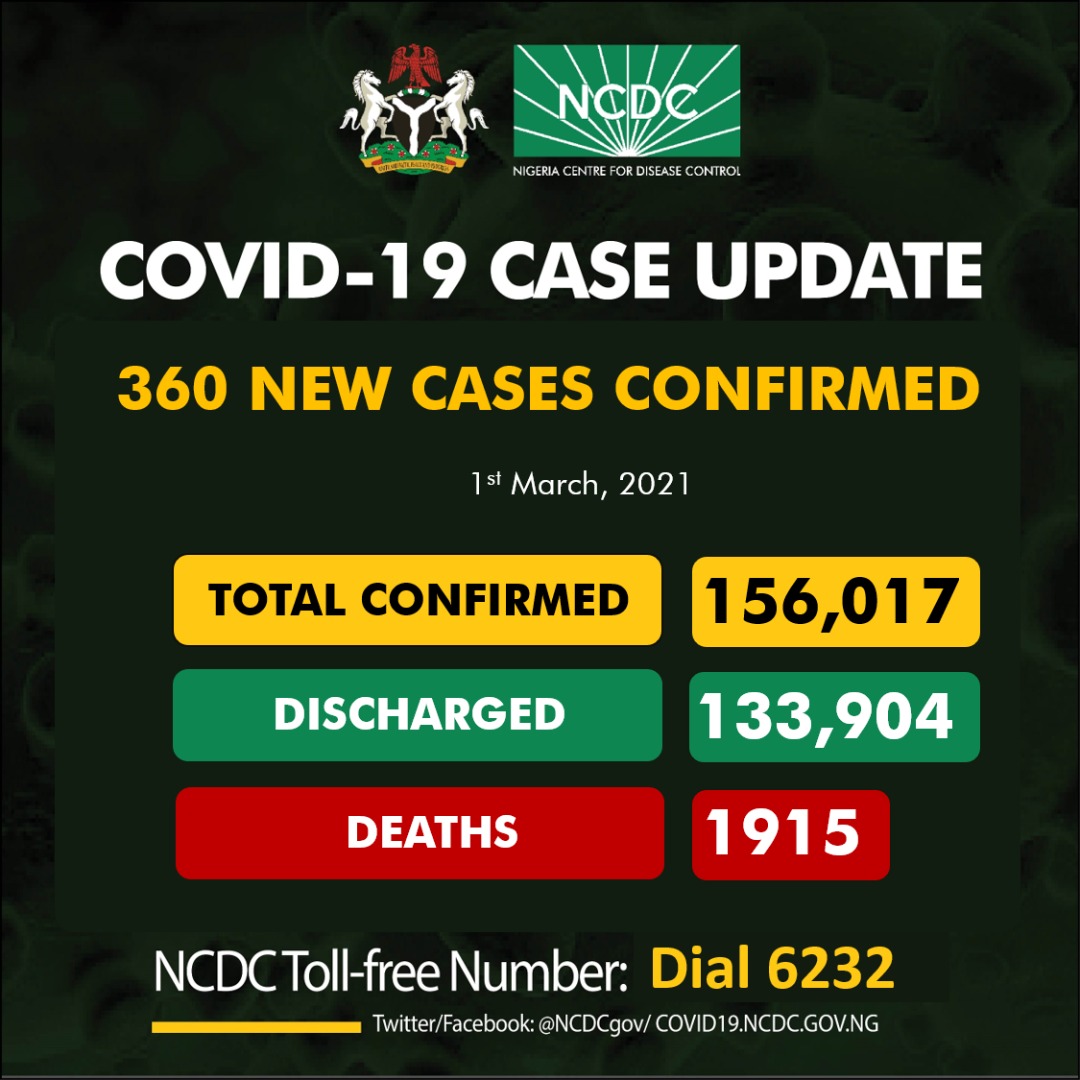The COVID-19 pandemic may have caused some setback to the Nigerian economy, however, it has pushed the health sector to record some significant achievements. Here are five updates about the pandemic this Tuesday morning.
Colombia becomes first in the Americas to get COVAX vaccines
Colombia has become the first country in the Americas to receive COVID-19 vaccines through the COVAX programme.
The South American country on Monday received 117,000 doses of the Pfizer-BioNTech vaccine.
Advertisement
Celebrating the arrival of the vaccine, President Ivan Duque described it as a significant milestone for his country.
“Today marks a very important milestone, today COVAX makes its first delivery in the Western Hemisphere, and the first country to receive it is Colombia,” he said.
COVAX, which is co-led by the World Health Organisation (WHO) and GAVI Alliance was launched in 2020 to mobilise resources to ensure that low and middle-income countries have equitable access to vaccines.
Advertisement
Ghana and Côte d’Ivoire are the first and second African countries to receive the COVAX vaccine and have begun vaccinating citizens on Monday.
Japan asks China to stop anal tests on citizens
Japan has asked China to stop subjecting its citizens who enter the country to anal test for COVID-19.
Some Japanese reportedly complained that the procedure caused them “psychological distress”.
“Some Japanese reported to our embassy in China that they received anal swab tests, which caused great psychological pain,” Katsunobu Kato, chief cabinet secretary said.
Advertisement
Last week, China denied the allegation that it asked US diplomats to undergo anal test for COVID-19.
Some Chinese cities introduced anal swabs in January on the grounds that it is more effective than throat and nose swabs.
New data shows vaccines reduce severe COVID-19 in older adults
New data shows that a single dose of either the Oxford-AstraZeneca or the Pfizer-BioNTech COVID-19 vaccine reduces the chance of needing hospital treatment by more than 80 percent.
Advertisement
The data was based on people aged over 80 who were the first to receive the vaccine.
According to the result from Public Health England, “in the over 80s, data suggest that a single dose of either vaccine is more than 80% effective at preventing hospitalisation, around 3 to 4 weeks after the jab. There is also evidence for the Pfizer vaccine, which suggests it leads to an 83% reduction in deaths from COVID-19”.
Speaking at the Downing Street briefing on Monday, Matt Hancock, health secretary, described the result as “very strong”.
Advertisement
“They may also help to explain why the number of COVID admissions to intensive care units among people over 80 in the UK have dropped to single figures in the last couple of weeks,” Hancock said.
Nigeria sets up 116 labs during one year of pandemic
Mukhtar Muhammad, PTF national incident manager, says the number of laboratories in the country rose from four to 120 within one year of the pandemic.
Advertisement
Speaking at the task force briefing in Abuja on Monday, Muhammad listed Nigeria’s successes in responding to the pandemic to include setting up of 125 new accredited isolation centres and the establishment of 120 molecular laboratories.
He said after Nigeria confirmed its first case of the novel coronavirus on February 27, 2020, the country adopted a multi-sector approach in its response, which involved both the private and public sectors.
Advertisement
One year down the line, Muhammad said the government was also able to train thousands of health workers, while millions of personal protective gears, among other supplies, were distributed to frontline responders.
The federal government says it plans to vaccinate about 70 percent of the population between now and 2022.
Global COVID-19 infections up for first time in seven weeks
The World Health Organisation (WHO), says the number of new COVID-19 infections globally rose last week for the first time in seven weeks.
Tedros Adhanom Ghebreyesus, director-general of WHO, who spoke at a briefing in Geneva, said the increase in cases was “disappointing but not surprising”.
“Some of it appears to be due to relaxing of public health measures, continued circulation of variants and people letting down their guard,” he said.
“If countries rely solely on vaccines, they are making a mistake. Basic public health measures remain the foundation of the response.”
COVID-19 IN NIGERIA
Add a comment







